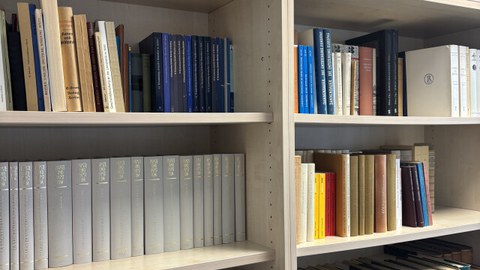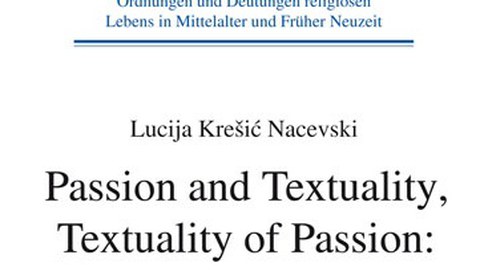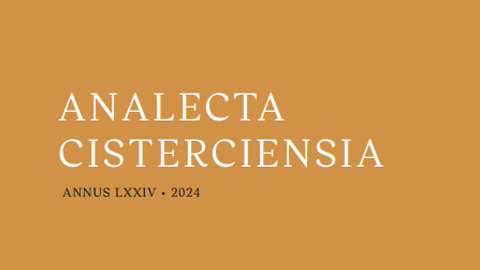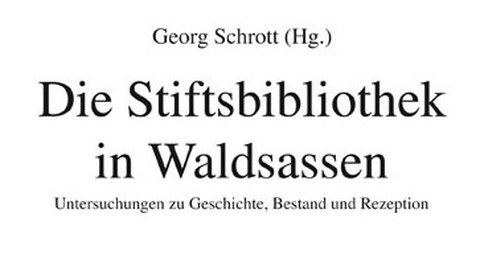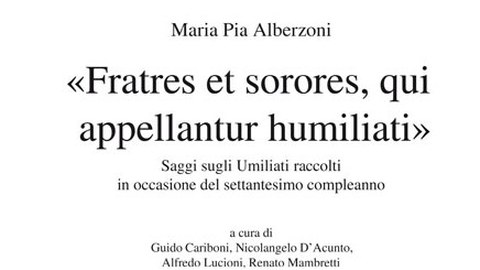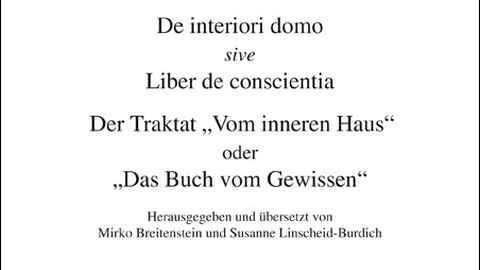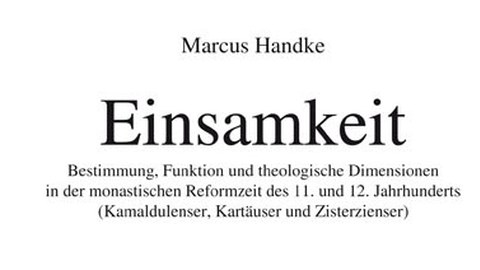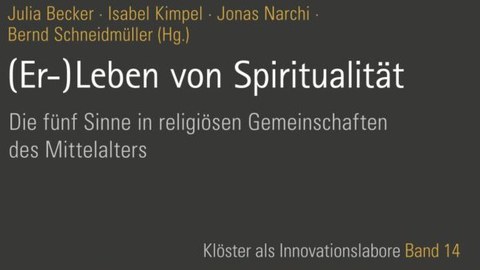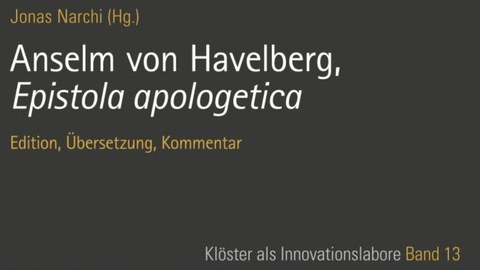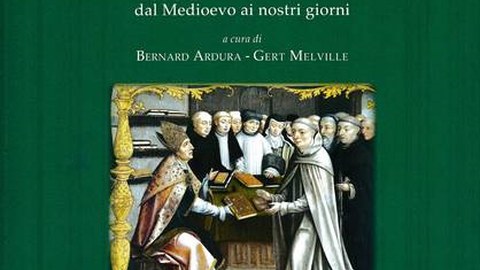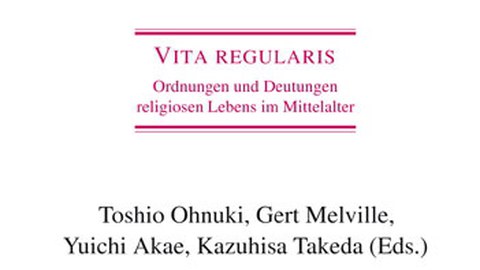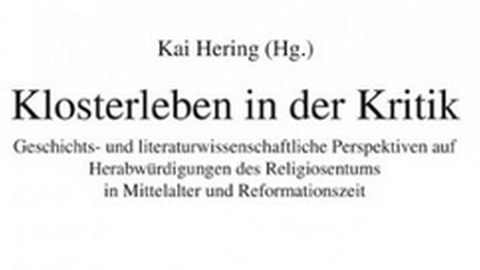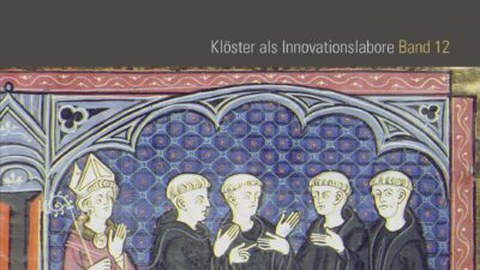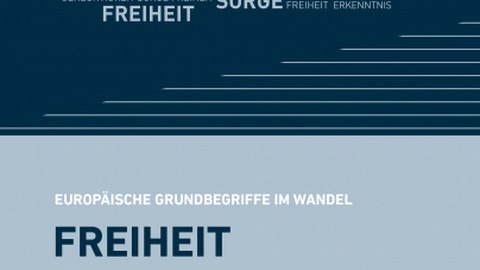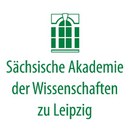 © Michael Hänchen
© Michael Hänchen
About the Research Center for Comparative History of Religious Orders (FOVOG - Dresden)
Monasteries and religious orders have been pioneers of social change for centuries. Nuns and monks, hermits, canons and many other representatives of spiritual forms of life formed a social elite as religious people who were able to leave a lasting mark on life in Europe and far beyond. From the desire to reach the hereafter they drew strength to shape the world.
Since its founding by Prof. Dr. Dr. h.c. Gert Melville in 2005, the Research Center for Comparative History of Religious Orders (FOVOG) has been dedicated to studying this phenomenon from a broad perspective and in a comprehensive manner. It provides the organisational framework for projects that focus on monasteries, orders and generally spiritual forms of life (Vita religiosa). Its specific and worldwide unique access is a comparative approach, which not only contributes significantly to the success of the individual projects, but at the same time enables the various research objectives to be brought together in synergy.
The spacious premises of FOVOG offer an ideal platform for all projects involving research into monastic life in the broadest sense. There are rooms available for individual projects, but also space for the implementation of fellowship programmes, colloquia, summer schools or similar formats of scientific work. An excellently equipped reference library on the comparative history of orders enables quick access to relevant literature; in addition, all services of the Saxon State and University Library Dresden (SLUB) are available. (to the catalogue)
One of FOVOG's flagship publications is the "Vita regularis" series, which has already published over 90 volumes by internationally renowned authors. "Vita regularis" publishes monographic treatises and anthologies as well as editions and is therefore one of the most important organs of comparative research of religious orders around the globe.
After institutional predecessors dating back to 1994, FOVOG projects have been exploring monasteries and orders as generators of social change since 2010 within the framework of TU Dresden. A worldwide network of cooperation partners in North and South America, Asia, Australia and Europe enables a continuous scientific exchange on a central aspect of not only European culture. The specific contribution of the monasteries and orders to economic developments, legal and historical changes, spiritual dynamics and cultural transformation processes of pre-modern societies, far beyond the area of Latin-Christian culture, is taken into account. The diverse forms of life of the Vita religiosa prove to be both basic modules of human culture and innovative drivers of social change.

